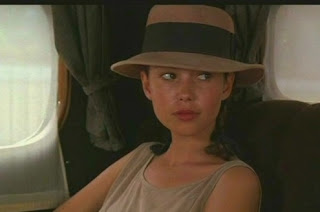ex·ot·ic [ig-zot-ik] adjective
1. of foreign origin or character; not native; introduced from abroad, but not fully naturalized or acclimatized: exotic foods; exotic plants.
2. strikingly unusual or strange in effect or appearance: an exotic hairstyle.
3. of a uniquely new or experimental nature: exotic weapons.
4. of, pertaining to, or involving stripteasing: the exotic clubs where strippers are featured.
Webster is too clinical for me. Exotic has danger implicit. It has romance. The air is heavy and moist. There is a little mold forming under things. You feel different. The air is charged. The mind is altered. And, yes, it is not native.
I feel alive in Saigon. The danger here is not the danger of the past. No more war. No more malaria. Now the danger is more about motorbikes than mortars. But, grown men find it difficult to leave the curb. It becomes an act of faith. Step off the curb. Walk slowly and steadily – no quick or jerky movements. Watch the traffic but don’t fixate on any one motorbike. Step up on the opposite curb and Voila…
The romance is palpable too. Think Catherine Deneuve in Indochine, Jane March in The Lover (above), or Do Thi Ha Yen, the girl who plays Phuong to Michael Caine’s Fowler in the film adaptation of The Quiet American. It’s hot. It’s tropical. It’s juicy. It’s sensual. The Vietnamese women are among the most beautiful and stylish in the world.
The tropics are steamy. A drop of sweat on the upper lip. Dark patches under your arms. Orchids growing in vacant lots. Buildings mottled with mold and peeling paint. In a year or two underbrush becomes a canopy. Sometimes it feels like you’re trying to breath underwater.
Why would anyone find this alluring? It’s hot, noisy, smelly, uncomfortable, disease ridden and occasionally dangerous. But… it’s truly exotic.
































